In pursuit of good egg production, poultry farmers do everything possible. And if there is no experience yet, but there are laying hens, what to feed so that they rush a lot? By understanding the physiology of the bird and the basics of balanced feeding, very good productivity can be achieved.
As in every business, poultry farming has its own "tricks" and wisdom. Knowing the laws of anatomy and drawing up a diet for feeding a bird at different times of the year will help make sure that the chickens rush well.
How does oviposition occur?
For humans, the egg is a food product. For a bird, this is part of the body, its egg. The production of their own kind in birds occurs with the help of a fertilized egg. A marketable egg is an unfertilized egg. The question often arises whether laying hens need a rooster for egg production, the answer is simple. Chickens lay eggs with and without a rooster.
Ancient chickens had seasonality in oviposition. They rushed in the spring and hatched chickens. The man "forced" to rush chickens all year round. But the Japanese have learned to get 3-4 eggs per day from a chicken. To achieve such results, they use high-protein feeds and regulate the light.
Many factors affect the egg production of chickens:
- Breed . It is generally accepted that egg production is a breed trait. The egg-laying breed gives 200-220 eggs per year, the meat breed 150;
- Feeding. 80% of success depends on feed;
- Season. Everyone knows that chickens rush worse in winter, but this can be fixed. But the egg is more expensive in winter. Many chicken owners keep only in winter, when profitability is many times higher;
- Age. The highest egg production of young chickens (the first year of life). Under industrial conditions, chickens are kept only 10 months after the start of egg production. Then the chickens are allowed to eat meat, and young animals are put in their place again.
How to increase egg production in chickens
To better rush laying hens, you need to balance the diet. An egg weighs 55-60 g and contains 45-50 g of pure protein. To synthesize this product in the body, protein is also needed. A chicken cannot lay well if it is poorly fed.
The diet for egg production includes:
- proteins;
- carbohydrates;
- cellulose;
- ballast substances.
The total weight of the food consumed is 110-120 g. We want 55 g of them to come out with an egg (and this is pure protein), but what will be left for the life of the organism?
Many poultry farmers practice feeding and domestic chickens with feed. However, in this case, the egg does not have the qualities that we want from domestic eggs. They have another:
- taste;
- compound;
- utility.
How to increase egg production in chickens at home
If some factors are taken into account (breed, age), then it remains to find out what is better to feed so that 10 hens lay 7-8 eggs daily (this is considered a good indicator).
Summer diet
If the chicken is in the pasture, then nature itself will take care of it. vitamins for egg production from greens, and as a protein, a worm, an insect, an insect larva. The host will fill the diet with carbohydrates by adding:
- wheat
- corn;
- barley.
Winter diet
How to feed chickens so that they rush well in winter? This issue must be considered carefully. It is easy to raise egg production, but it is difficult to keep it at a high level. If once there is a failure in feeding, then egg production is restored within 10-14 days.
Egg production directly depends on the balance of feeding. The winter diet must include:
- corn;
- barley;
- wheat;
- sunflower meal;
- soybean meal;
- legume waste;
- feed of animal origin (meat and bone meal, fish meal, slaughterhouse waste, skim milk, whey);
- succulent feed (fodder and table beets, pumpkin, carrots, cabbage).
Yolk color and egg production in winter
Domestic eggs laid by chickens in winter have a pale yolk. But store-bought bright orange. Sometimes people wonder what to give chickens so that the yolk is orange? Hay should be added to the diet. Of course, not in the form in which cattle consume it, but in crushed, in the form of hay dust.
The best when hay is harvested specifically for chickens. In this case, the grass is crushed and dried in a form that is already ready for feeding.
Preference should be given to:
- clover
- alfalfa;
- sainfoin.
And what do they give in production? Compound feed. The pigment xanthophyll is added to it. It is he who paints the yolks orange. However, it should be noted that all pigments have carcinogenic properties and their residual amount in products is strictly regulated.
Egg pecking
Sometimes a poultry farmer notices that chickens not only carry little, but also peck their eggs . This problem of laying hens exists when there is a lack of calcium in the diet. If you look closely, the first thing chickens do is eat the shell. In pursuit of calcium, they are even ready for cannibalism (pecking their own kind).
To avoid pathology, and increase the egg production of chickens, it is necessary to provide laying hens with calcium top dressing. It is best to take a natural shell. If you can't make your own, you can buy it. The shell must always be in special feeders.
All foods of animal origin are a source of natural calcium. But the shell is a top dressing for egg production.
Water
Inexperienced poultry farmers sometimes pay very little attention to water. But the egg consists of 85% of the liquid part. Biologists have long known that the absence of water in drinking bowls for only 2 hours will slow down egg laying by two days .
The requirements for water are simple. She must be:
- clean (drinkers are washed daily);
- fresh (poured into drinkers 2 times a day);
- not boiled.
Sand. Does it really matter?
In summer, nature "serves" the bird. Chickens don't have teeth. Their role is performed by the muscular stomach with the help of pebbles and sand.
If you deprive the bird of sand, then the food will not be completely processed in the stomach, but will pass through the intestines without being digested.
In this case, all the elements necessary for good egg production will supposedly be present in the diet, but there will be no eggs. While the poultry farmer is thinking about what to feed, the chickens suffer from a lack of ordinary sand.
Will drugs help?
Preparations for increasing the egg production of chickens will have an effect if they are used for their intended purpose:
- with protein deficiency - protein substitutes;
- with calcium - mineral supplements.
When choosing a drug, it should be understood that these are chemical additives and they have nothing in common with good-quality feed.
When figuring out what needs to be done to improve egg production, go through each item and try to balance. In 1.5-2 weeks the situation should change. Chickens are very responsive to care.

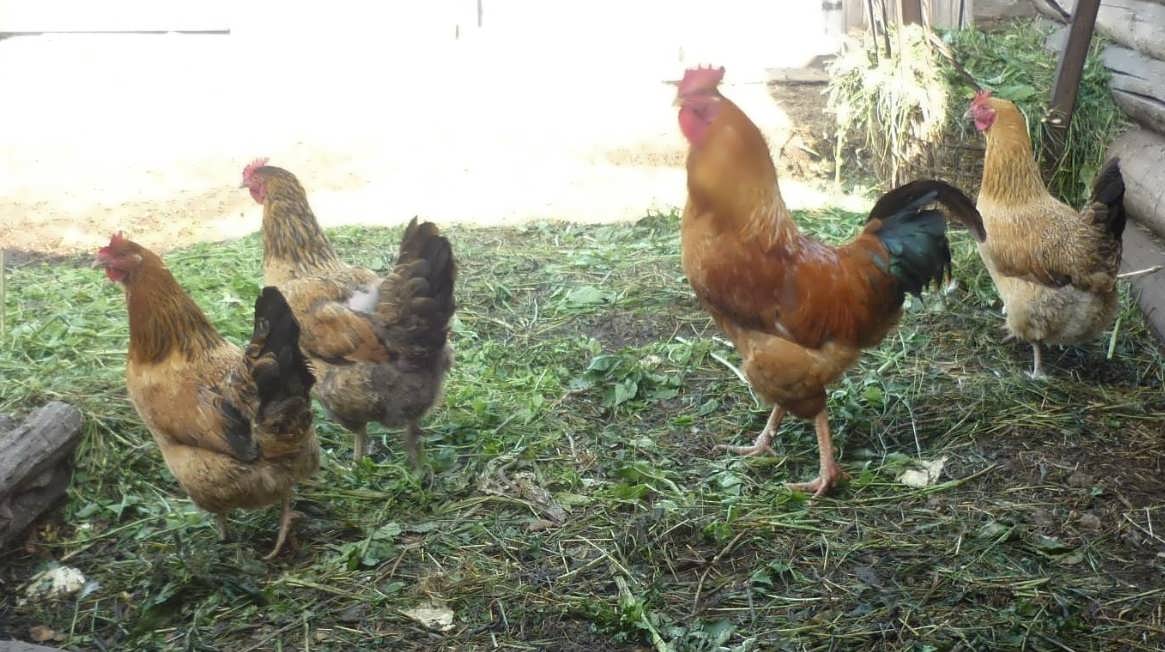
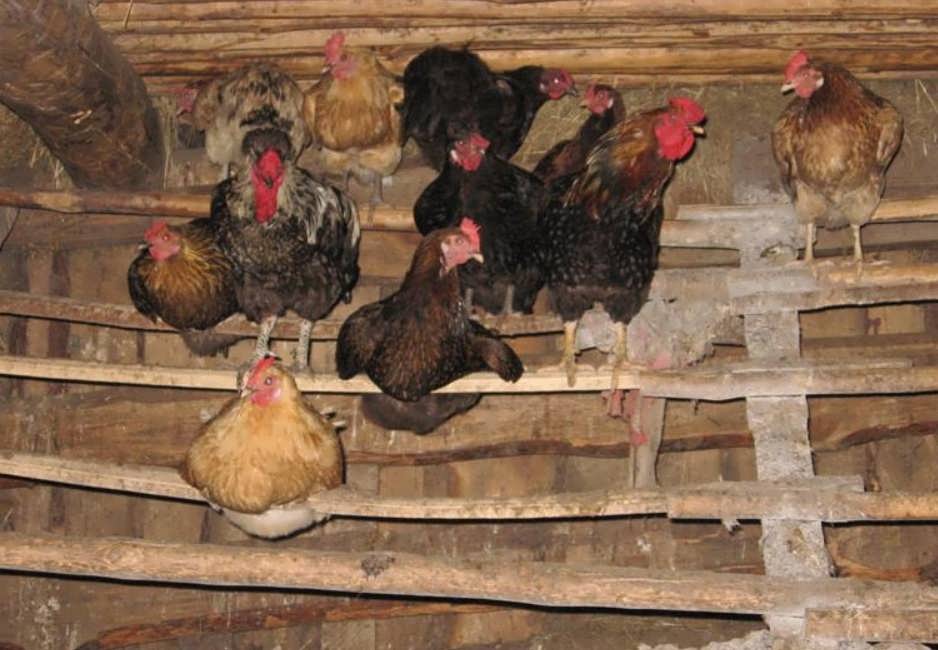

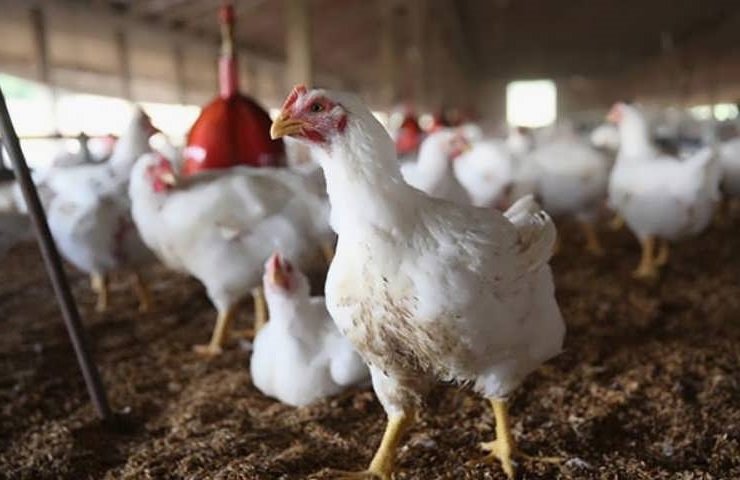
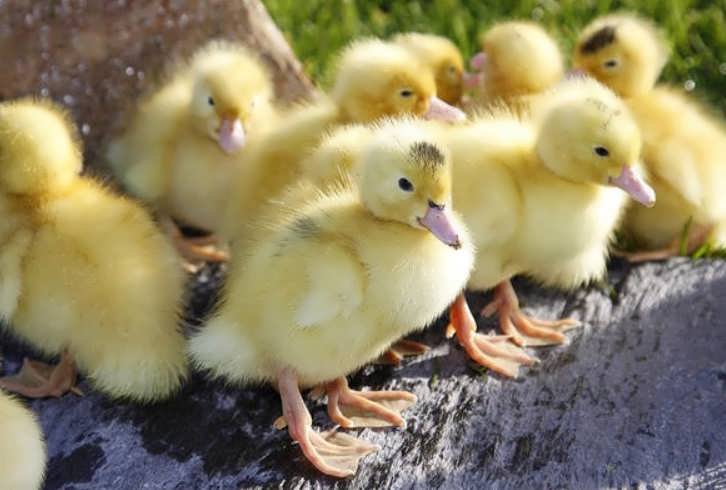
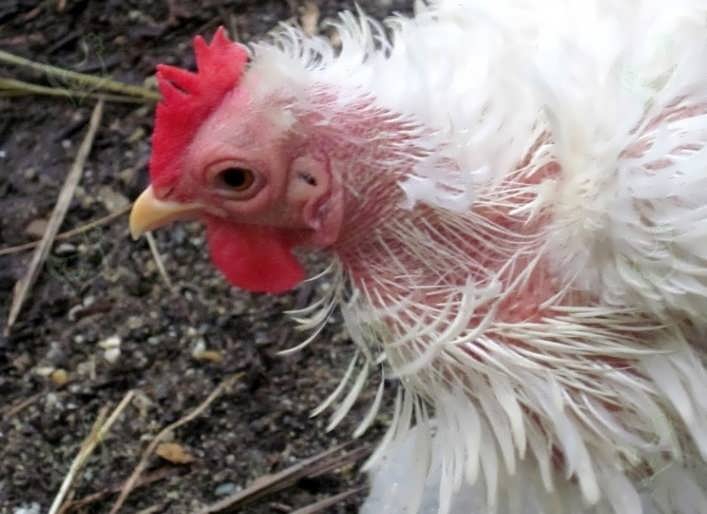
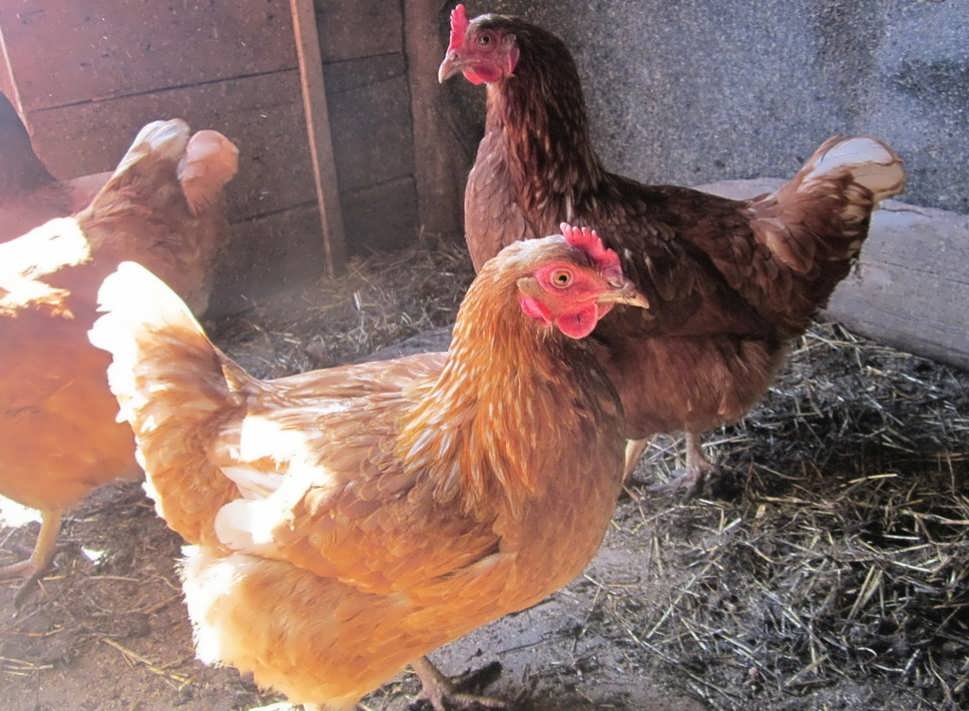

For me, breeding chickens is my business. Before, of course, I left everything to chance, trusted mother nature. But if there is an opportunity to help chickens rush faster, then why not do it and help improve your business. I hope that the measures described above will really help me.
Of course, I have a great desire for the breeding of chickens to give the maximum result, so I will definitely review the nutrition of my chickens, according to the recommendations described above. And I hope that after that the chickens will lay much better, otherwise the results have not been very good lately.
If you properly feed the chickens, then hatching will actually turn out to be the most effective. I experienced this first hand when I began to feed the chickens according to the above recommendations. And of course I'm sorry that I didn't see this article earlier, because even earlier I could make my business more successful.
Lately my chickens have started laying eggs. I want to try to feed them according to your scheme. I hope this will give a good result.